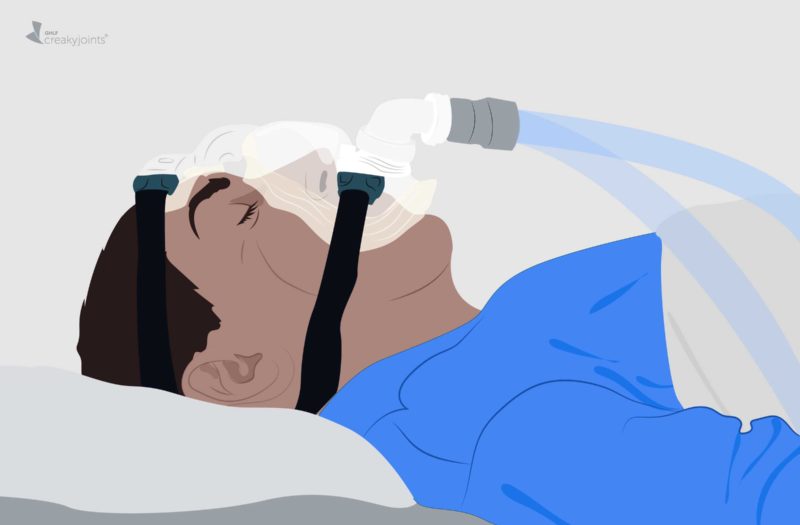Learn more about our FREE COVID-19 Patient Support Program for chronic illness patients and their loved ones.
Because there are no proven treatments for COVID-19, health care providers around the world have been testing different medications for patients based on their experience with other viruses and diseases. One drug that has been undergoing some real-world experimentation is anakinra (Kineret). It is a biologic medication typically prescribed to people with moderate to severe rheumatoid arthritis (RA).
Some RA patients take this medication regularly, but higher doses of it are also used to treat autoimmune disease patients who develop a “cytokine storm” (unrelated to COVID-19). A cytokine storm is a life-threatening reaction that occurs when the immune system unleashes a response so aggressive that it ends up damaging healthy tissue.
Rheumatologists often treat cytokine storm with drugs including anakinra, which inhibits an inflammatory substance called interleukin-1 (IL-1).
Some people who develop serious forms of COVID-19 — including many with no known underlying autoimmune disorders — are developing cytokine storms. Scientists believe that this abnormal immune response is leading to what is known as severe acute respiratory distress syndrome (ARDS).
Coronavirus patients with ARDS usually end up on a ventilator, which essentially “breathes” for you. But ventilators may be in short supply, plus they don’t treat the underlying inflammation causing the breathing difficulties. A drug like anakinra, however, might.
A new study, published in the medical journal The Lancet Rheumatology, adds to the evidence that this drug may be worth a try in certain coronavirus patients.
The research focused on an Italian hospital that treated a number of coronavirus patients with ARDS in mid-March. During that time, doctors treated 29 of these patients with high-dose intravenous anakinra, in addition to the hospital’s “standard” treatment for ARDS of hydroxychloroquine, the antiviral medications lopinavir and ritonavir, and oxygen therapy.
During the same timeframe, another 16 coronavirus patients with ARDS were given hydroxychloroquine, lopinavir, and ritonavir and oxygen, but no anakinra.
Another seven patients received low-dose anakinra, hydroxychloroquine, lopinavir, and ritonavir and oxygen but stopped anakinra within a week “because of a paucity of effects on serum C-reactive protein and clinical status.” In other words, the low-dose version of the drug didn’t seem to be having any physiological effect on these patients.
Twenty-one days later, those in the high-dose anakinra group were most apt to survive. Ninety percent of those who received high-dose anakinra were still alive, compared to 56 percent of those who did not receive this drug. For most of these patients, anakinra was also associated with improvements in lung function and levels of C-reactive protein (an inflammation marker in the blood).
“Administration of high-dose intravenous anakinra dampened systemic inflammation and was associated with progressive improvement in respiratory function in patients with COVID-19, moderate-to-severe ARDS, and hyperinflammation, who were managed outside of the ICU in a setting overwhelmed by the COVID-19 pandemic and with a shortage of ICU resources,” the authors wrote.
They added that additional evidence in the form of a larger, controlled trial is needed, but that “high-dose intravenous anakinra deserves consideration among anti-inflammatory treatments for COVID-19.”
Get Free Coronavirus Support for Chronic Illness Patients
Join the Global Healthy Living Foundation’s free COVID-19 Support Program for chronic illness patients and their families. We will be providing updated information, community support, and other resources tailored specifically to your health and safety. Join now.
Cavalli G, et al. Interleukin-1 Blockade With High-dose Anakinra in Patients With COVID-19, Acute Respiratory Distress Syndrome, and Hyperinflammation: A Retrospective Cohort Study. The Lancet Rheumatology. May 7, 2020. doi: https://doi.org/10.1016/S2665-9913(20)30127-2.
Hirano T, et al. COVID-19: A New Virus, but a Familiar Receptor and Cytokine Release Syndrome. Immunity. May 19, 2020. doi: https://doi.org/10.1016/j.immuni.2020.04.003.






